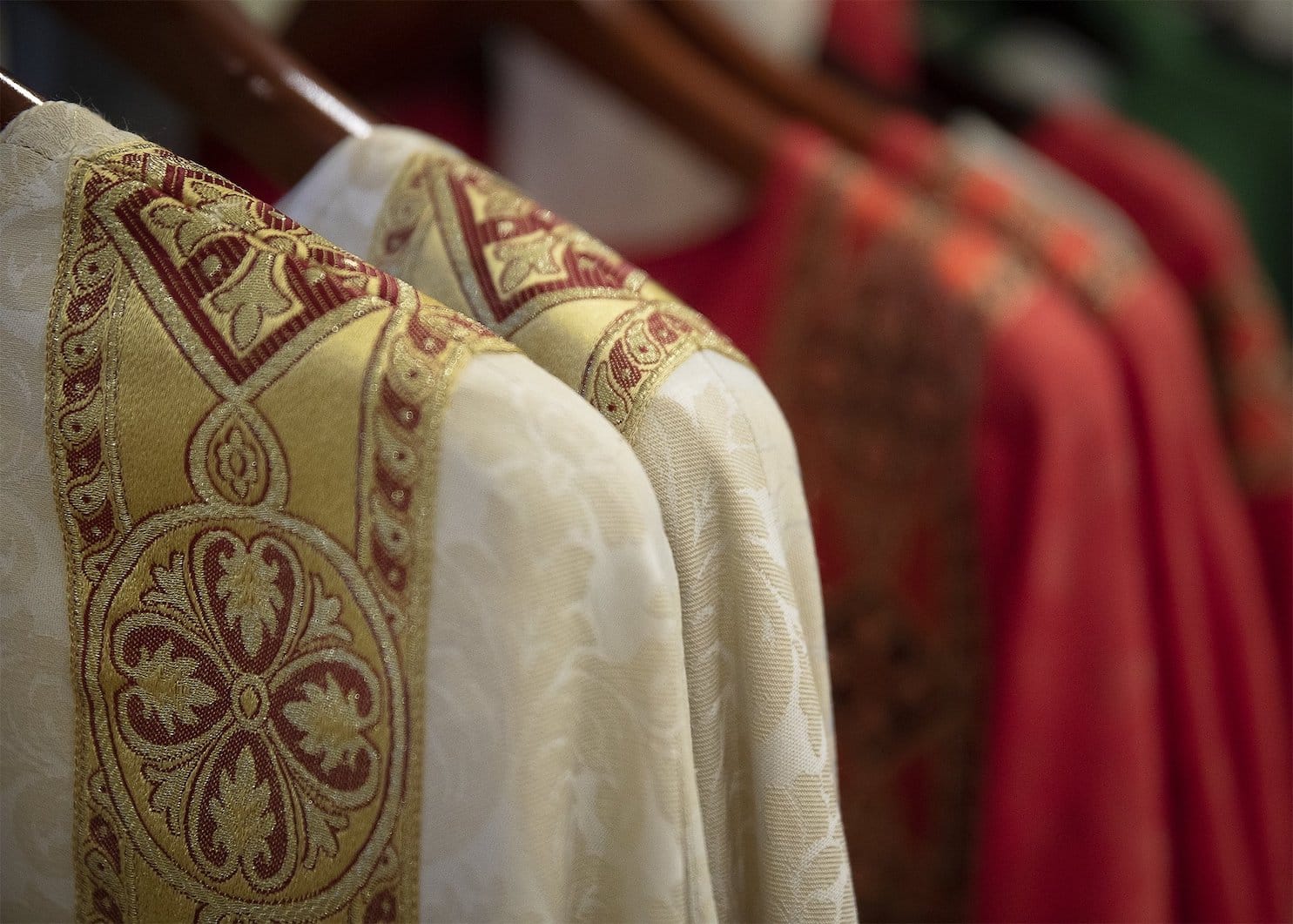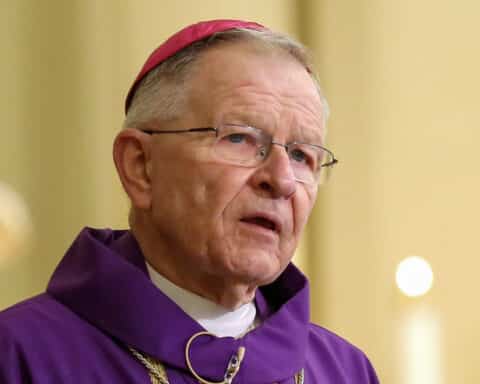Somebody who knows the history of the problem should write a book, or give an interview, or go on television, or do something, because a vital part of the clergy sex abuse story is never told and opinions are distorted.
Catholic bishops and religious superiors who acted, or failed to act, when cases of sexual abuse of youth occurred in the past regularly, almost inevitably, are condemned for wantonly tolerating cases, moving offending priests from one place to another, sweeping cases under the rug and failing to notify law enforcement.
All this too often was true, but until not much more than a generation ago, these Church officials reacted exactly as professionals; “experts” advised them to act according to the way people of the time — not all of them bad by any means — thought.
Lay employees who abused youth invariably were fired and went their way. Priests, or women religious, were not just ignored, but since their misconduct was seen as a moral failing, not as a psychiatric disorder, they were told to reform, pray and make a retreat.
Treatment for priests
Gradually, the culture accepted psychiatry and psychology. Providers multiplied. Priests were sent to psychiatrists or psychologists and eventually to mental health facilities for extended, inpatient care. Dioceses, and orders, paid big bucks and entertained hopes for promised “cures.”
After treatment, usually requiring months, a priest was discharged, and the facility, or provider, advised Church officials to reinstate him, maybe recommending that he should not have contact with youth or receive follow-up outpatient care.
Medicine had not yet defined pedophilia as a disorder unto itself that could not be arrested or resolved with therapy and certain lifestyle modifications.
Priests do not waive their civil rights when they are ordained. Bishops and religious superiors are not kings on the mountain but are subject to Church law. They control priests’ assignments and even a priest’s right to act as a priest, but dismissing a man from the priesthood belongs to the pope alone, although only after process.
If a bishop, on his own, tried to remove a priest from the priesthood because of sexual assault, and the priest furnished advice from Dr. So-and-So that he be allowed to function, the bishop well might have lost the argument.
(Still, this columnist treasures the memory of one bishop of the past. Dismissing advice from one of the country’s most respected mental health hospitals, he refused to re-assign a priest guilty of child sex abuse. “I will not run the risk of his harming others,” said the bishop. Furious, the priest threatened to take the bishop to court. Instead, the priest left the priesthood, but he might have won in the local courthouse and in Rome.)
Better Church policies
This is most critical to the entire discussion. Back then, “experts” totally downplayed, or altogether ignored, injury to victims resulting from abuse, saying that victims would “get over it.” Today such thinking defies understanding, common sense and compassion.
Cases were not reported to law enforcement. The written law was weak and imprecise because legislators and politicians yielded to the assumptions of the time. Unless kidnapping, drugging or something else was involved, police felt that they had no grounds to pursue cases of child sex abuse. Families deliberately, often scrupulously, hid problems, most definitely psychological problems — Uncle Joe’s chronic alcoholism, Aunt Mary’s “funny ways,” cousin Sally’s disappearance since she secretly was pregnant without a husband, grandson Pete’s attraction to boys.
Bottom line: The best scientific minds thought that offenders could reform themselves, no victim was seriously harmed, and families demanded their privacy.
Catholics, be glad that our Church has enacted strong policies to deal with child sex abuse, now fully understood as evil by behavioral science. Southern Baptists have an equally disturbing problem of abuse of the young and vulnerable by Church personnel, but their system of ecclesial governance makes remedies difficult, if not virtually impossible, to implement.





